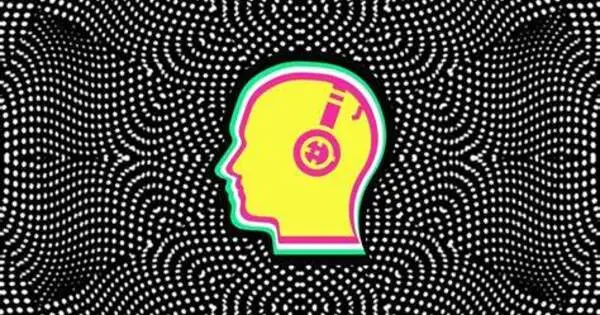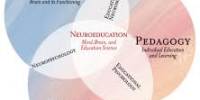Music psychology is a discipline of psychology that investigates how music influences human behavior, emotions, cognition, and perception. It can be classified as a subfield of both psychology and musicology. It delves at different aspects of music, including how humans perceive, process, and interpret music, as well as how music affects mood, motivation, and social interactions. It seeks to describe and comprehend musical behavior and experience, including the mechanisms by which music is perceived, generated, responded to, and integrated into daily life.
Modern music psychology is essentially empirical, with knowledge advancing based on interpretations of data gathered through systematic observation and interaction with humans. Music psychology is a scientific topic with practical applications in a variety of disciplines, including music performance, composition, teaching, criticism, and therapy, as well as studies of human attitude, skill, performance, intelligence, creativity, and social behavior.
Key areas of study within music psychology include:
- Perception and cognition: Studying how humans perceive and process musical aspects like pitch, rhythm, harmony, and timbre. This covers study into how the brain processes music and how people develop musical abilities.
- Emotional and physiological responses: Investigating the psychological and physiological impacts of music on emotions, mood, stress, arousal levels, and bodily responses. Music therapy is frequently investigated in studies on mental health and well-being.
- Social and cultural influences: Investigating the function of music in social relationships, identity formation, cultural expression, and group cohesiveness. This covers research on music tastes, music’s role in building social bonds, and music’s influence on cultural norms and values.
- Developmental psychology of music: Investigating how music perception, preferences, and abilities develop across the lifespan, from infancy to old age. This area explores questions related to music learning, musical development, and the effects of musical training on cognitive and emotional development.
Music psychology can provide insights into non-psychological areas of musicology and musical practice. For example, it contributes to music theory by studying the perception and computer modeling of musical structures such as melody, harmony, tonality, rhythm, meter, and form. Music history research can benefit from a systematic examination of the history of musical grammar, as well as psychological studies of artists and compositions in terms of perceptual, emotive, and social responses to their music.
Overall, music psychology sheds light on the intricate relationship between music and the human mind, revealing how music influences our ideas, feelings, and behaviors.
















